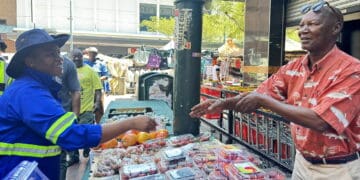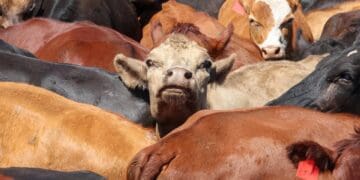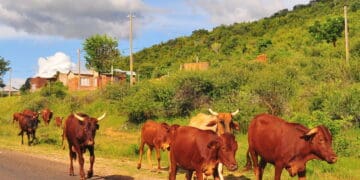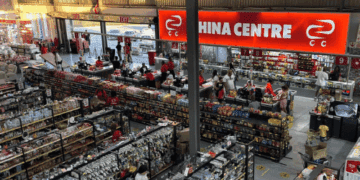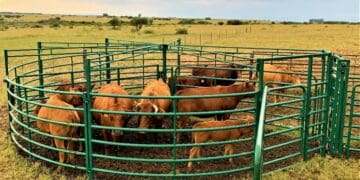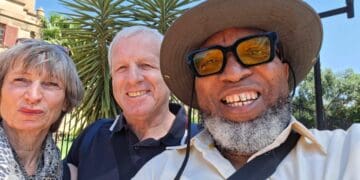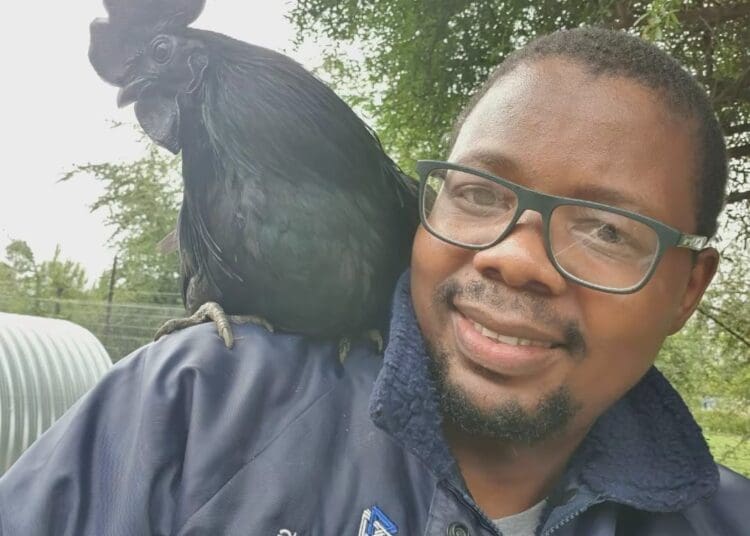Have you ever heard of a chicken that retails for a whopping R1500 each, while its eggs fetch R60 and chicks are sold from as much as R250?
Well, Paul Ephraim Bango is the leading man behind Bango Poultry, the farm where South Africa’s most mysterious chicken, the ayam cemani has found a home—and a booming market.
Bango Poultry, a family-run farm business by Bango and his wife, Maggy, breeds the Ayam Cemani which is jet-black from beak to bone and cloaked in mystique.
The breed is revered in Indonesia for its spiritual symbolism and is believed to possess healing properties.
“I call it the Lamborghini of chickens,” says Bango, the 43-year-old founder. “It’s rare, premium, and commands respect.”
But his journey didn’t begin in a lab or a classroom, it started with a childhood spark.
Bango began farming in 1998 in Acornhoek, Mpumalanga, and later shifted to exotic poultry farming in 2020.
With a BCom in Accounting, he brings a business-savvy lens to his agricultural work, using financial literacy to scale and sustain the business.
What started as an exotic farming venture is now a full-fledged business—powered by high demand, dominant genetics and a resilient breed that lays eggs even in winter, when most chickens stop.
“They lay eggs in winter as they absorb heat, so the cold doesn’t affect them like normal chickens,” he explains.
“People place orders before the eggs are even laid,” he adds with a laugh, a hint of pride in his voice.
The Ayam Cemani is known for its all-black appearance—feathers, skin, meat and even bones—due to a genetic mutation known as fibromelanosis.
According to Bango this mutation makes the bird’s dominant genes highly
resilient, even in crossbreeding.
“If you cross this chicken with a normal South African breed, the black genes will still dominate,” he explains.
“It’s similar to how genetics work in human beings—the dominant traits show up. Even after crossing, the meat stays black. We slaughtered some just to check, and even in mixed breeds, the black meat remained. That shows the gene’s power.”
When asked whether there is truly a market for such rare poultry, he simply replied that he “created it, so there is a market”.
These chickens are not easy to breed.
“They come from colder climates like Indonesia and China, so South Africa’s heat makes them sensitive. Farmers must invest heavily in their care, especially in our climate.”
Unlike conventional layers that produce over 200 eggs a year, they lay around 80, which makes them poor layers by industry standards. But scarcity has its own value.
“Some people just love to pet them,” Bango explains, noting that they have become popular among business people and traditional healers alike.








